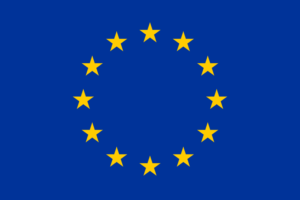 Joint letter signed by 25 European legal academics
Joint letter signed by 25 European legal academics
Full letter available on SSRN | Excerpt follows:
It is clear both from the text of the E-commerce Directive and the CJEU case law that Member States shall not impose upon providers of intermediary services (e.g. providers of user-generated content platforms such as blogging platforms or other types of social media) an obligation to actively monitor all the data of each of their users in order to prevent the transmission of unlawful content, e.g. infringements of intellectual property rights. More precisely, requiring providers of intermediary services to use automated means, such as Content ID-type technologies, to detect systematically unlawful content is forcing providers of intermediary services to actively monitor all the data of each of their users and thereby is imposing a general monitoring obligation on these providers.
Yet, the proposal for a Directive of the European Parliament and of the Council on copyright in the Digital Single Market in its Article 13 requires providers of intermediary services which consist in the storage and provision to the public of access to large amounts of works or other subject-matter uploaded by their users to put in place measures to “prevent the availability on their services of works or other subject-matter identified by rightholders” such as the use of “effective content recognition technologies.” In other words, Article 13 of the proposal imposes a general monitoring obligation upon a great number of providers of intermediary services. Such an obligation is not a special monitoring obligation but a general monitoring obligation as it does require the monitoring of the activities of all users.




